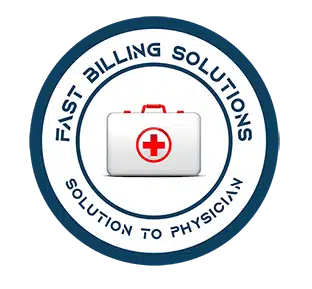For every healthcare organization, medical billing claims are of utmost importance. Every payer claim consists of detailed procedure and diagnosis details for the billable visit of the patient. Healthcare organizations or practices can use the claim information for different purposes. Some of these include tracing referral patterns, increasing sales, improving population health, accelerating go-to-market strategies, etc.
However, achieving this can be very difficult without understanding the claims data. Today, we will throw light on the basics of healthcare claims to make things easily understandable for you.
What are Medical Billing Claims?
Medical claims are bills submitted by healthcare providers to the insurance provider of a patient. These bills contain medical codes specifying the treatment offered during the visit of a patient. These codes describe services offered by the provider, including diagnosis, procedures, medical devices, medical supplies, pharmaceuticals, etc.
Providers include every relevant code as well as visit charges when submitting claims. Payors or insurance providers assess these codes for determining the way providers should be reimbursed for the services they offered.
Information Available on the Claim File
Every claim file covers details according to the patient encounter and the patient. The claim file comprises two parts; claim detail and claim header. Claim header has the most significant claim information, including confidential information about the patient; gender, birth date, zip code, etc. On the other hand, claim header contains information, such as NPI, DRG, primary diagnosis code, overall claim charge, insurance provider’s name, inpatient procedure, etc.
Claim Detail
This includes details about the secondary procedures or diagnoses directed during the hospital stay. Every new medical claim detail contains information, such as service date, procedure code, service charge, NDC, corresponding diagnosis code, etc.
Billing claims are vital to be submitted without any error for every healthcare organization. If they are not submitted correctly, it will result in denied claims. And, denied claims are very damaging to the revenue generation of any organization.
You May Also Read: Tracking Claim and Denial in Medical Billing
